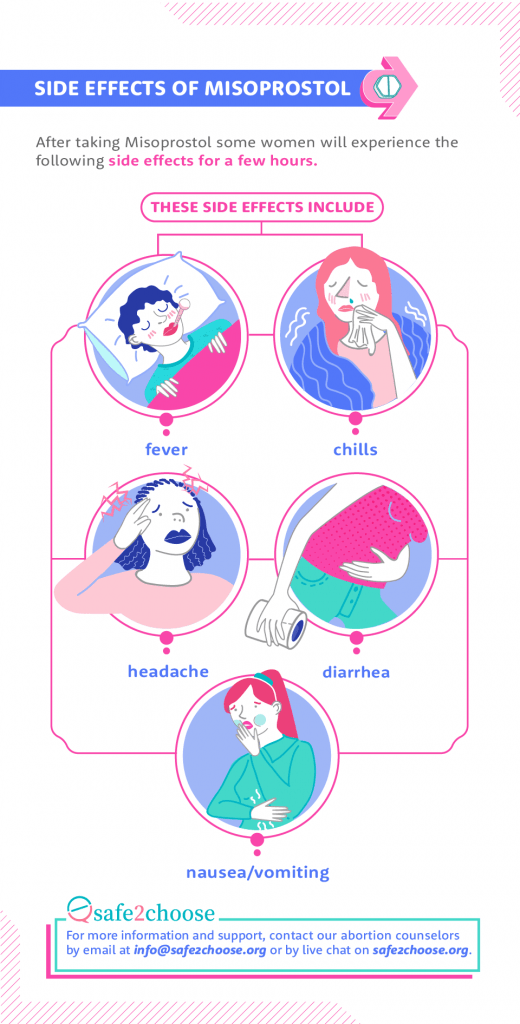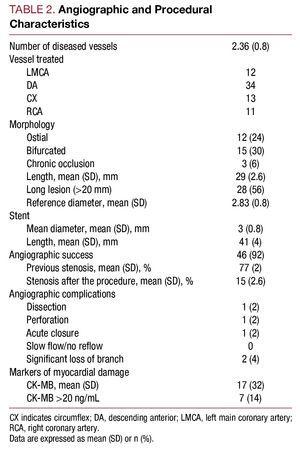Mifepristone, also known as the abortion pill or RU-486, is a medication used to terminate early pregnancies. It is a synthetic steroid hormone that works by blocking the hormone progesterone, which is necessary for maintaining a pregnancy. By inhibiting progesterone, mifepristone causes the lining of the uterus to thin and prevents the embryo from attaching and growing.
Mifepristone is most commonly used in conjunction with another medication called misoprostol, which is taken a day or two after taking mifepristone. Misoprostol helps to expel the pregnancy from the uterus by causing contractions.
The use of mifepristone for abortion is approved in many countries, including the United States, where it was first approved in 2000. It provides an alternative to surgical abortion and allows women to terminate their pregnancies in a non-invasive manner. Mifepristone can be taken up to 10 weeks gestation, making it an early pregnancy termination option.
Apart from abortion, mifepristone has also been studied and used for other medical purposes. It has shown potential in the treatment of certain hormone-dependent cancers, such as breast and uterine cancers. Additionally, mifepristone has been used in the management of some hormone excess disorders, like Cushing’s syndrome.
However, as with any medication, mifepristone has potential risks and side effects. Common side effects include nausea, vomiting, diarrhea, and abdominal pain. In rare cases, it can lead to serious complications such as heavy bleeding or incomplete abortion, requiring medical intervention. Therefore, it is essential that mifepristone is administered under proper medical supervision to ensure safety and effectiveness.
In conclusion, mifepristone is a medication primarily used for the termination of early pregnancies. It offers an alternative to surgical abortion and allows women to end their pregnancies in a non-invasive manner. Additionally, mifepristone has potential applications in the treatment of certain cancers and hormone excess disorders. However, it should always be used under medical supervision to minimize risks and ensure safe and effective outcomes.
What are the side effects of the drug misoprostol?
The most commonly reported adverse effects are generally mild and include shivering/chills, diarrhea, abdominal pain, hyperthermia, nausea, vomiting, flatulence, constipation, dyspepsia, headache, breakthrough bleeding, and menstrual irregularity.

Is mifepristone used for periods?
These Drugs Could Restore a Period before Pregnancy Is Confirmed. Mifepristone, a medication used to induce abortion, could also be prescribed to people who have a missed period and do not yet know that they are pregnant.
Can I get misoprostol at CVS?
Walgreens and CVS said they will offer the medication. Mifepristone , the first of two drugs used in medication abortions, could previously only be obtained at clinics, medical offices, and hospitals. The second drug, misoprostol, can already easily be obtained at pharmacies with a prescription.

What drink is good for nerve pain?
A 2-wk course of tart cherry juicetart cherry juiceCherry juice is a fruit juice consisting of the juice of cherries. It is consumed as a beverage and used as an ingredient in various foods, processed foods and beverages. It is also marketed as a health supplement.https://en.wikipedia.org › wiki › Cherry_juiceCherry juice – Wikipedia significantly improved nondiabetic peripheral neuropathy in the majority of patients in the study. None of the patients reported any adverse effects from the treatment.
What stops nerve pain immediately?
Your doctor may prescribe medications like pain relievers, anti-convulsants, or anti-depressants. Painkilling gels and lidocaine patches also work well to target specific areas. If the pain is intense, electrical stimulation can be used to block the signal coming from the nerve.
Does drinking water help nerve pain?
Drink lots of water Water should be a staple in any diet, and even more so for those looking to reduce nerve pain. It’s critical to stay hydrated throughout the day to reduce inflammation and avoid triggering pain receptors. Aim to drink eight 8-oz. of water each day.May 2, 2018
What is the fastest way to get relief from nerve pain?
Painkillers. For severe nerve pain, powerful opioid painkillers can help. Studies have found that for many types of nerve pain, they are as effective as anticonvulsants or antidepressants. Unlike other treatments for nerve pain, they also work very quickly.

How can I stop nerve pain in my hands?
Identifying the causes of nerve pain may involve functional movement tests, imaging studies, and nerve conduction tests. Treatment options include rest, splinting, physical therapy, medications, and specialist procedures like transcutaneous electrical nerve stimulation (TENS).Apr 2, 2023


